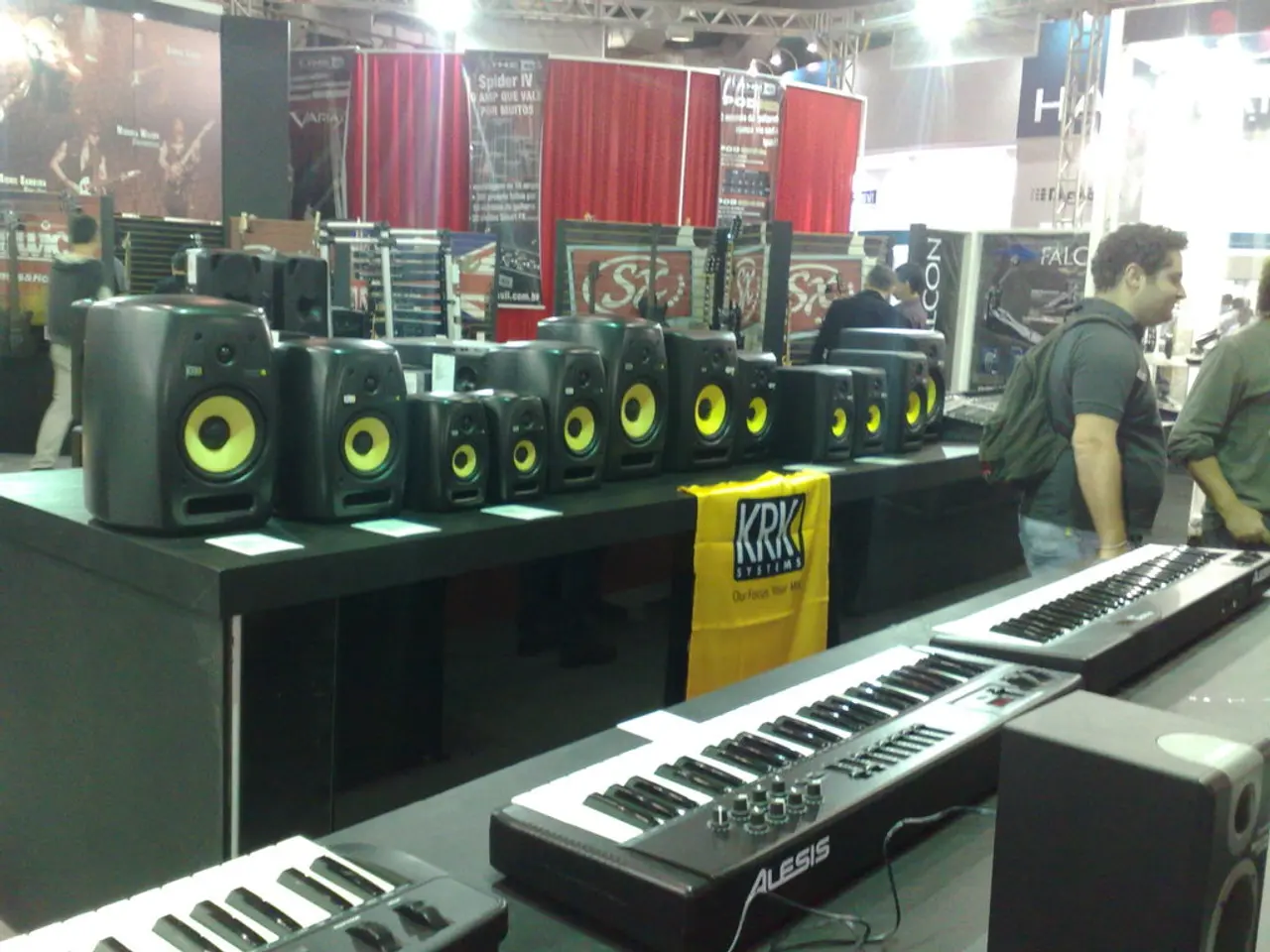Approximately 75% of Swedish residents have engaged in monetary gambling within the past year
In a recent study titled "The general public on the topic of gambling," published by the Swedish gambling authority, Spelinspektionen, on January 10, 2024, some interesting findings have emerged about the gambling habits of Swedes.
The most common form of gambling in Sweden is lotteries and number games. Notably, the younger age group has shown a high participation rate in these activities, with many playing daily. It's believed that these are primarily the individuals who engage in gambling regularly.
The survey, conducted in November 2023, interviewed a total of 1,538 people aged 18 and over with a permanent residence in Sweden via a web panel. Seventy-five percent of respondents stated they had participated in gambling within the last 12 months, while 41 percent had done so in the week preceding the survey.
Another popular form of gambling in Sweden is horse racing bets and Bingo. Interestingly, there was a clear difference in relation to sports betting, with male participants indicating they had bet on sports much more frequently than female respondents.
The participants were also asked about the self-exclusion register Spelpaus. Sixty-five percent of respondents indicated that they knew the register, a figure that Spelinspektionen sees as a success. However, only about 4 percent of players have indicated that they've used the portal before.
While these trends in gambling habits are being closely monitored, the Swedish government is currently consulting on gambling taxation reform, focusing on simplifying the existing duty structure. However, there are strong arguments in the policy community for increasing the overall level of gambling taxes beyond simplification, including raising the general betting duty from 15% to 25%.
It's important to note that no formal new Swedish government proposal to increase gambling tax rates has been enacted. The consultation so far has a narrow focus, and the government’s formal proposals have not included explicit tax hikes like those currently seen in countries such as the Netherlands.
The study also included data on problematic gambling. About one in ten participants in the study indicated that they had played too much in the last 12 months. Sixty-nine percent of respondents indicated that they see the operators responsible for gambling problems, but only a small percentage have sought help through the available resources.
This contrasts with countries like the Netherlands, where tax hikes have already taken effect and led to mixed financial results and industry concerns. As the consultation and policy debate around gambling taxation reform in Sweden continue, it will be interesting to see how the final legislation shapes up.
[1] Source: Policy Community Discussion on Gambling Taxation Reform [2] Source: Financial Results in the Netherlands Post-Tax Hike [3] Source: Industry Concerns in the Netherlands Following Tax Hikes [4] Source: Broader Fiscal Discussions Aimed at Raising Revenue
"What about the interest of the casino-and-gambling industry in the proposed finance changes? The study did not delve into this specific aspect, so more research might be needed to understand their potential responses to the projected gambling taxation reform in Sweden."
"And as for the financial implications of problematic gambling, contrasting with the Netherlands where tax hikes have already occurred, it would be intriguing to see how the general news covers the impact of the Swedish government's decisions on both revenue and the gambling sector as the consultation progresses."




